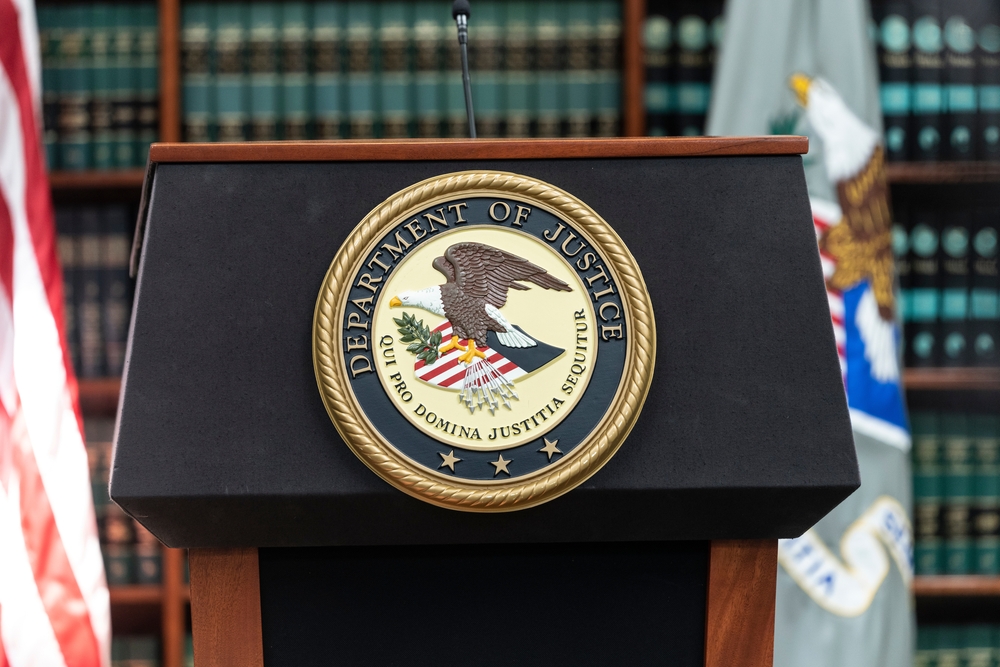
Chicago Tribune
Editorial Board
The appointment of a blue-ribbon task force to probe the Chicago Police Department is a laudable move by Mayor Rahm Emanuel. It became an unavoidable step amid mounting pressure a week after the city was forced to release the video depicting the alleged execution of Laquan McDonald, a troubled black 17-year-old shot 16 times by a white Chicago police officer in October 2014.
Former Massachusetts Gov. Deval Patrick, a former head of the Justice Department‘s Civil Rights Division, will serve as an adviser to the newly formed police accountability panel. But why turn to a former head of the Civil Rights Division? What is needed is a full-scale Justice Department “pattern-and-practice” investigation of civil rights abuses within the Chicago Police Department — the type of sweeping, outside investigation that Chicago, seemingly alone among large American cities, has mysteriously evaded over the last several decades.
From Newark to New York, Cleveland, Miami, New Orleans, Albuquerque and Los Angeles, the Justice Department’s Civil Rights Division, which exercises sole authority to launch and conduct such inquiries, has scoured dozens of large police departments, leaving Chicago’s omission head-scratching.
The Justice Department may act if it finds a pattern or practice by a local law enforcement agency that systemically violates people’s rights. These investigations have resulted in settlements and court orders requiring increased transparency and data collection, steps to prevent discriminatory policing, independent oversight, improved investigation and review of uses of force, and more effective training and supervision of officers — all measures that the Chicago Police Department urgently needs.
Why now? In the last 10 years, Chicago has paid an astounding sum, more than $500 million, to settle police misconduct cases, including $5 million to the mother of Laquan McDonald before a lawsuit was even filed. These settlements include, but are not by any means exclusive to, the reign of terror under a white police detective and commander, Jon Burge, and his midnight crew who tortured dozens, possibly hundreds, of African-American suspects in the 1970s and 1980s.




